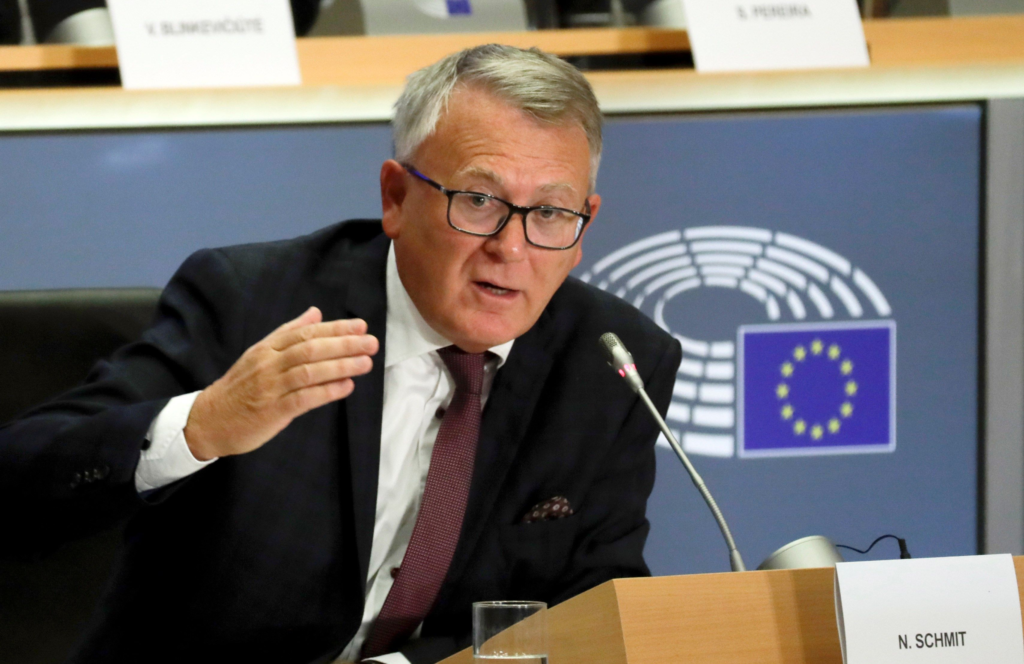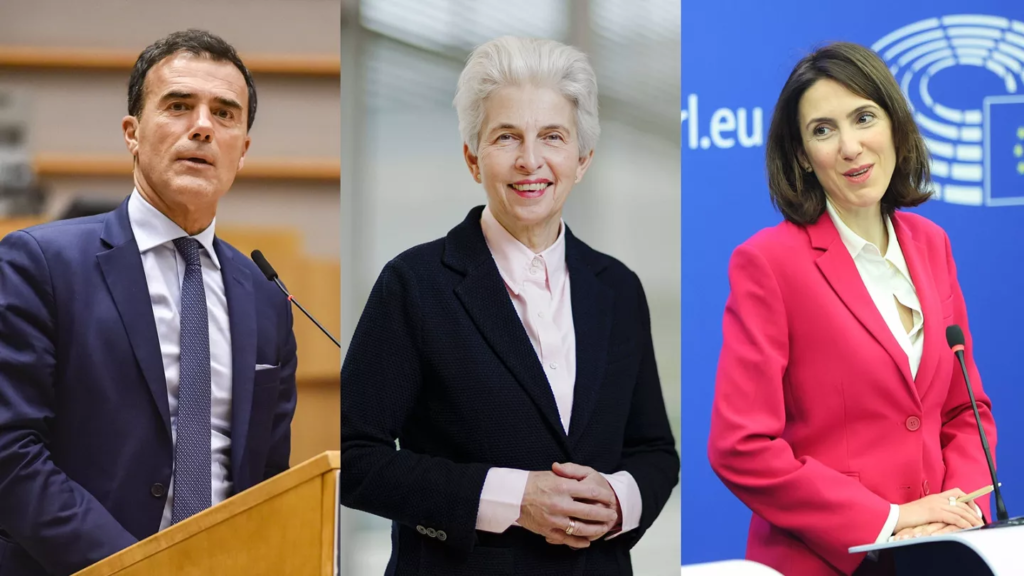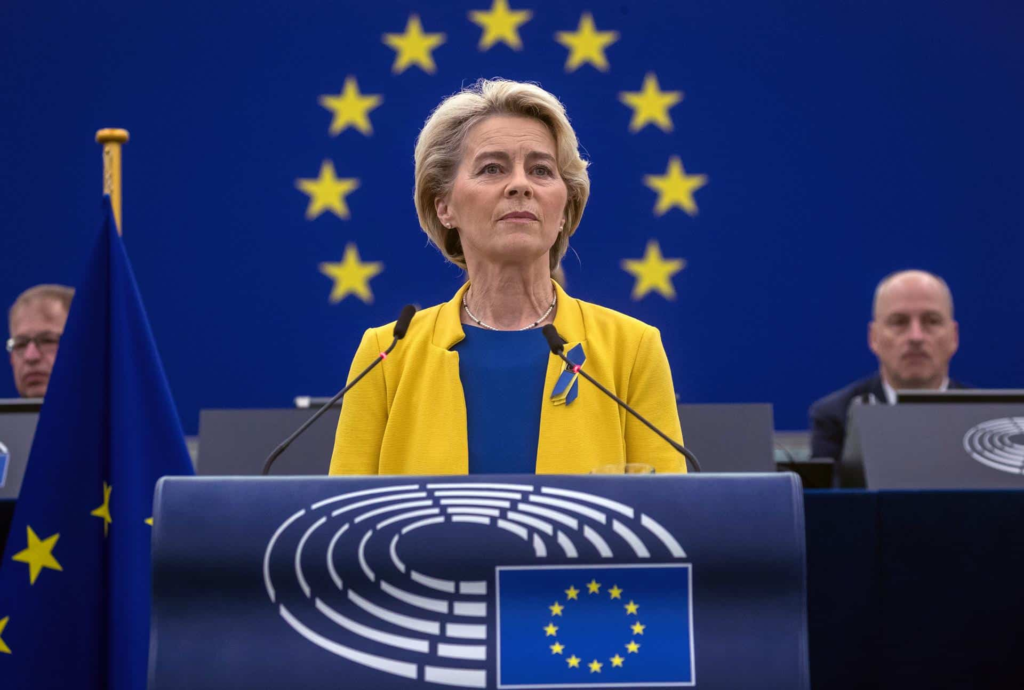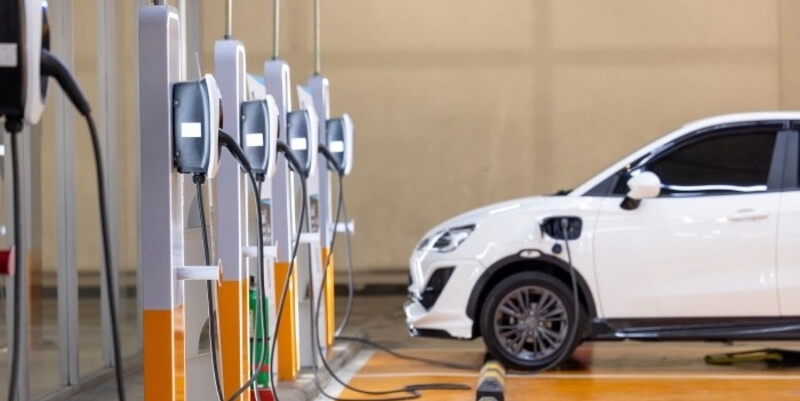The European Parliament elections will take place between the 6th and 9th of June and will be organized according to the electoral rules of each Member State.
In these, 720 Members of the European Parliament (MEPs) will be elected, an increase from the current 705 seats, in order to accommodate demographic changes in several European Union (EU) countries.
It is worth noting that the legislature is the only EU institution directly elected by voters.
Electors will choose their country’s representatives from open, semi-open, and closed lists.
Voting begins in the Netherlands on Thursday, the 6th of June, followed by Ireland on Friday, the 7th, and Latvia, Malta, and Slovakia on Saturday, the 8th, while the rest of the countries will cast their votes on Sunday, the 9th of June.
The Czech Republic and Italy will allow voting on consecutive days: Friday and Saturday for the Czechs, and Saturday and Sunday for the Italians.
Below, Mobility Portal Europe compiles the eMobility proposals from each party.
Socialists & Democrats

S&D, which currently holds 141 seats in Parliament, has chosen Nicolas Schmit as their lead candidate.
He aims to align the key pillars of the Fit for 55 strategy with the EU’s 2030 climate target, while ensuring a just transition.
The Fit for 55 package includes a regulation that the S&D Group has championed and will continue to advocate for, to limit the use of fluorinated gases in the EU due to their high greenhouse gas potential.
The regulation requires these to be phased out by 2050 at the latest.
They are also committed to a “just transition” to ensure that ecological and social progress go hand in hand.
Renew Europe Now
It is an alliance of centrist, liberal, and democratic forces, made up of the common campaign platform of the Alliance of Liberals and Democrats for Europe (ALDE), Renaissance, and the European Democratic Party (EDP).
Each of its three political forces will present individual lead candidates for the decisive June vote: Marie-Agnes Strack-Zimmermann for ALDE, Sandro Gozi for EDP, and Valérie Hayer for Renaissance.
The lead candidate will be chosen in the coming days, and it is believed that Strack-Zimmermann will be the candidate.

The three parties will present individual manifestos but have agreed on “10 common priorities.”
These include the need to focus on investment in research, development, innovation, and people, as well as attracting private investment to make Europe more competitive and sustainable.
“The last five years were spent setting rules; now we must focus on applying them, ensuring we have the necessary means, and completing the digital single market,” they say from the party.
They also argue that otherwise, businesses and citizens will not be able to keep up.
This coalition currently has 101 seats in the legislature.
The Greens/European Free Alliance
G/EFA already has the names of the two candidates who will represent it in the elections next June: Terry Reintke (Germany) and Bas Eickhout (Netherlands).
The party proposes to invest in public transport and ensure a true modal shift, reducing air pollution and contributing to climate action.
That is, to promote more trams, more regular and zero-emission buses, and true intermodality in cities.
It also emphasizes that there should be EU coordination to ensure that short-haul flights, so widely used on the continent, are replaced by sustainable alternatives.
“We cannot infinitely expand our road network or replace combustion engine cars with electric ones,” they say.
To divert traffic from roads, they argue that it is necessary for more goods to be transported by rail, inland waterways, and sea.
G/EFA has 71 seats.

European Conservatives and Reformists Group
Currently, the ECR has 67 seats in the European Parliament.

MEP Diana Riba has been proclaimed as a candidate for the elections, after being proposed by the party’s executive and with no other candidacy formalized.
The Group prioritizes focusing its policies on other areas, such as job creation and prosperity, and safeguarding citizens and borders, among others.
Regarding environmental protection, it states that this must be done at a cost that the EU can afford.
The ECR Group supports an ambitious, gradual, and sensible approach that all Member States can grant.
Identity & Democracy Group
The far-right believes that the transition from internal combustion engines to electric cars is benefiting the Chinese market and causing job losses across Europe.
In this regard, it claims that eMobility objectives entail very high costs in economic terms, fully borne by European citizens.
The party, which has 58 seats in Parliament, has not yet announced its candidate for the EU elections.

The Left
The European Left chose its president, Walter Baier, as its candidate during the general assembly on Saturday, February 24.
The socialist and communist party pledged to place the working class at the center of the fight against the climate crisis, emphasizing that the they must own the ecological transition.
“We do not want the struggle for climate justice to become a matter of the affluent middle classes, of an enlightened minority, which, with authoritarian means, opposes the change of the vast majority of our people,” Baier told the media.
Currently, The Left has 38 places in the legislature.
European People’s Party Group

EPP (centre-right) is the party currently in power and confirmed Ursula von der Leyen as its lead candidate, paving the way for her second term.
The party will continue to promote the electric and sustainable mobility measures it has advocated so far.
It argues that an inhibitory Europe is not necessary, but an innovative one that places the economic, financial, and social needs of its citizens at the center of future energy supply.
It also aims to better align the energy transition with local conditions.
Especially, it promotes diversification to avoid dependencies on resources from third countries.
The EPP advocates for a technologically neutral approach to developing alternative fuels, hydrogen technologies, and new powertrains for vehicles, planes, and boats.
This is the party with the most seats in Parliament, 178 to be exact.
What do the polls tell us about the European candidates?
Some 400 million voters in the EU are eligible to vote in the European Parliament elections scheduled for June.
A recent survey conducted by Euronews in collaboration with Ipsos indicates that support for the far right is likely to increase, but pro-European parties will continue to hold 63 per cent of the seats.
The projected results will not change the fundamental calculations of the Parliament, where centrists will continue to gather the necessary majority to confirm officials and pass laws.
However, parties of the radical right and eurosceptics could see significant gains.
Specifically, The Left would end up with 42 seats, G/EFA with 55, S&D with 136, Renew Europe with 85, EPP with 177, ECR with 76, Identity & Democracy with 81, and Non-attached members (not belonging to any defined group) with 68.
The survey was conducted on nearly 26,000 people, in countries representing 96 per cent of the EU population.








